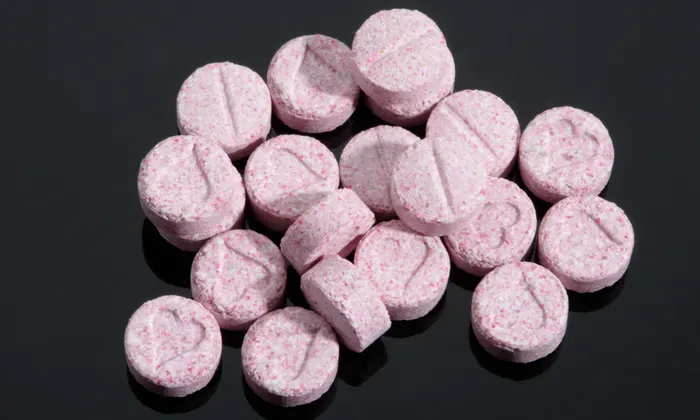At-home Ketamine therapy can be an “effective treatment for anxiety and depression”
 Image: Oxford University
Image: Oxford University
At-home Ketamine therapy can be an “effective treatment for anxiety and depression”
Words: Ellen Kenny
A new study shows the possible benefits of ketamine therapy through the safe “at-home model”.
The largest study of ketamine therapy ever suggests that at-home sublingual programs of the drug can improve symptoms of depression and anxiety with minimal side effects.
Peer-reviewed psychiatry journal, the Journal of Affective Disorders, will publish the study on October 1.
Sublingual administration of a drug refers to the placement of the drug under the tongue. Telehealth is the distribution of health-related services and information via video conferences, phone calls and other telecommunications.
The study worked with 1,247 patients over four weeks through a telehealth provider. The patients, who were all diagnosed with depression and/or general anxiety disorder, received at-home Ketamine-assisted therapy (KAT).
Effects of KAT therapy
Overall, 89 per cent of participants showed an improvement in their depressive and/or anxious symptoms after four sessions. 63 per cent of participants saw improvements in their system by more than 50 per cent. Over 30 per cent showed virtually no symptoms after four sessions.
According to the study, these results are 34 per cent stronger than what has been observed in traditional antidepressants (such as SSRIs) and 54 per cent stronger than results shown in studies of psychotherapy. Sublingual ketamine administration is also more effective than ketamine received through IV by approximately 13 per cent.
62 per cent of paticipants who reported suicidal ideation at the beginning of the study no longer reported any suicidal ideation after four sessions.
Fewer than 5 per cent of participants reported any side effects, while 0.4 per cent of participants left the study.

History of ketamine
Ketamine got its start in Belgium in the 1960s as an anesthesia medicine for animals, while the American FDA approved ketamine as an anesthetic in the 1970s.
Ketamine causes what doctors call a “dissociative experience”, or more commonly known as a trip. The drug can produce feelings of unreality, visual and sensory distortions, and a euphoria or buzz. Risks of casual use of ketamine include kidney problems, stomach pain and memory loss.
Ketamine has always been illegal in Ireland due to the risks of casual intake (except for that one time the Government accidentally legalised ketamine and psychedelics). However, there is a growing campaign to legalise drugs in Ireland, particularly for its potential medical benefits.
The Joint Committee on Justice met on July 12 to discuss legalising possession of certain amounts of drugs for personal use. No conclusions have been published from this hearing yet.
Elsewhere on District: Free Now to add €1 “technology fee” to all journeys